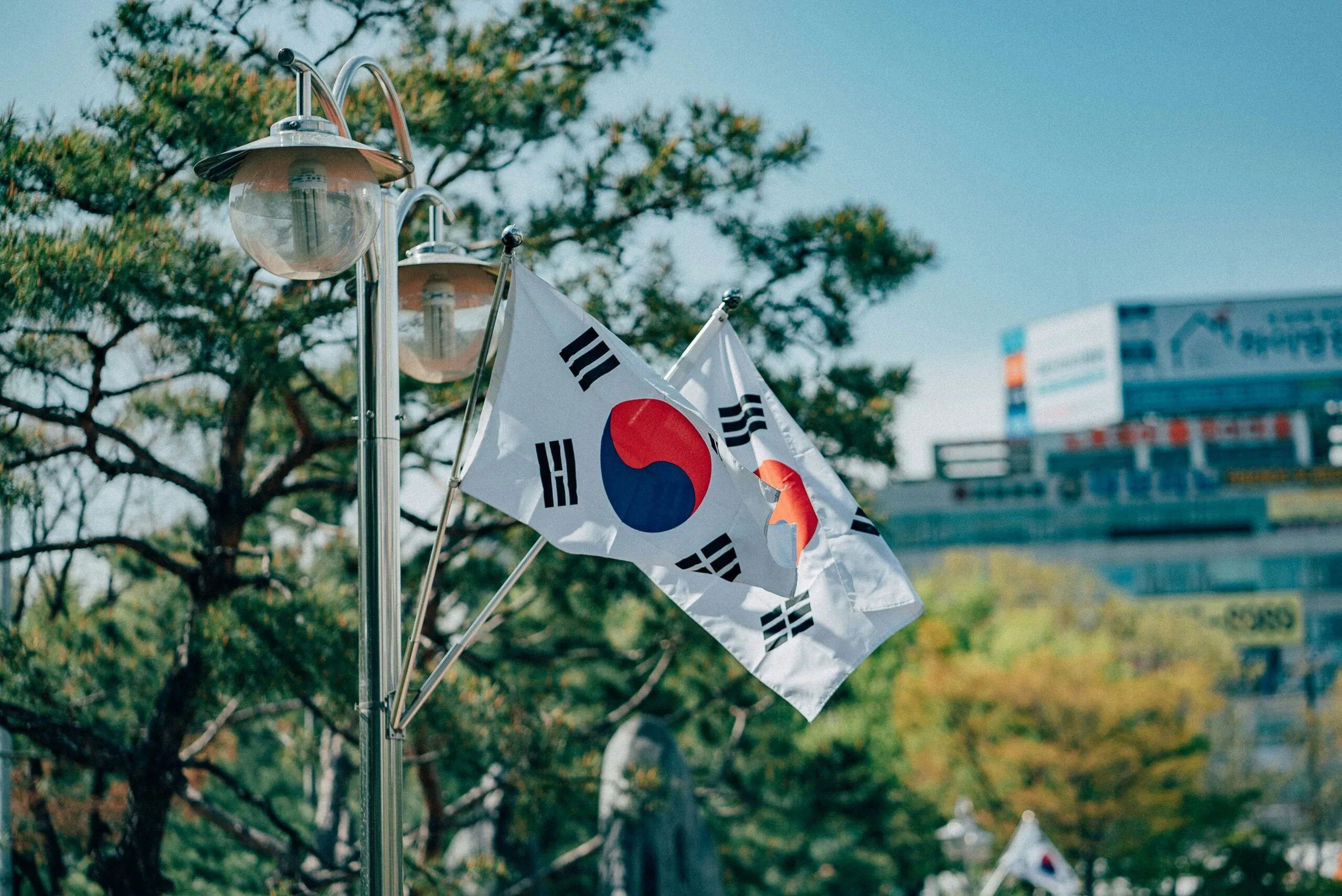Korea raises minimum wage by 2.9% from January 2026

South Korea’s Minimum Wage Commission is set to increase the national minimum wage to 10,320 won (US$7.50) per hour, starting January 1, 2026, as reported by The Korea Times.
The new wage reflects a 2.9% (or 290 won) increase from the current rate, marking the smallest raise since the 2.7% increase in 1997.
For full-time workers, the new rate amounts to a monthly wage of 2,156,880 won (US$1,555), based on 209 working hours.
This is the first tripartite agreement since 2008 signed by a total of 23 commissioners: nine representing business, nine from public-interest groups, and five from the Federation of Korean Trade Unions (FKTU).
The decision, the first under the current administration, fell short of expectations of labor groups and analysts who had anticipated a more substantial increase.
Previous increases in Korea’s minimum wage saw considerably greater rates at 16.4% (Moon Jae-in administration), and 5% (Yoon Suk Yeol administration).
Labor unions had called for a 14.7% increase to 11,500 won (US$8.3), saying it was needed to keep up with rising prices and years of stagnant wages.
Reactions and concerns
The decision sparked mixed reactions from various parties, including labor groups and the Korean Confederation of Trade Unions (KCTU), which had demanded a much larger increase.
Four KCTU representatives walked out of the final session in protest over the low rate, leaving the decision as a partial consensus.
The frustration stemmed from the belief that the increase rate effectively amounts to a cut in real wages, prompting calls for the government to provide direct financial support for low-wage workers.
Critics also warned that the modest raise may fall short of covering basic living costs, which remain well above the OECD average, especially for basic needs like food, housing, and clothing, according to a Bank of Korea report.
The OECD (Organisation for Economic Co-operation and Development) is an international group of 38 countries, including South Korea, that work together to promote economic growth, stability, and better living standards.
Observers also noted that the commission’s public-interest members appeared to prioritize concerns about financial pressures on small businesses and the self-employed.
The resulting final decision leaned more toward calls for a wage freeze than the larger increase demanded by labor unions, a notable shift given unions’ strong backing of the administration.
The increase rate and decision were defended by the Chairman of the Commission, citing South Korea’s worsening economic outlook as key factors in the verdict.
Key indicators for 2025 included projected economic growth of just 0.8%, consumer price inflation at 1.8%, and employment growth at only 0.4%, figures that suggest 2026 could bring even greater challenges.
Many also warn that sharply raising the minimum wage could lead to business closures and add pressure to an already fragile job market.
Related Content:
Review started by Korea Tripartite Commission to set 2025 minimum wage
How to Calculate Overtime Pay for Hourly and Salaried Employees



